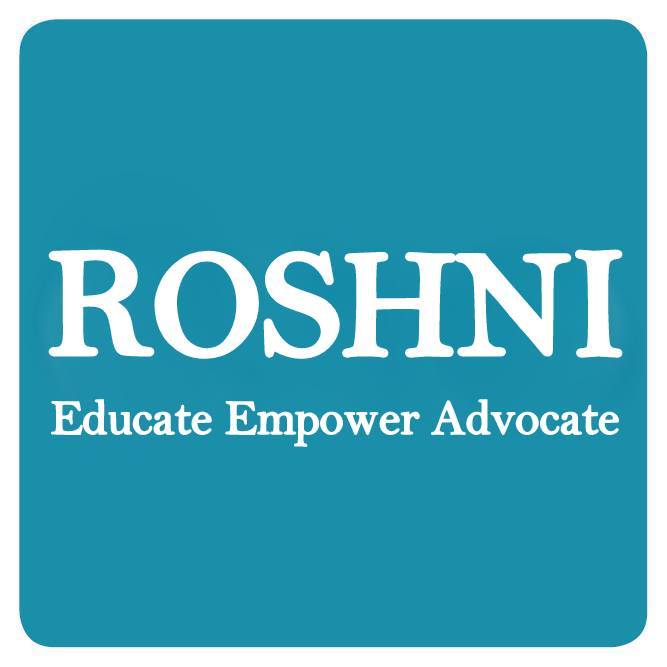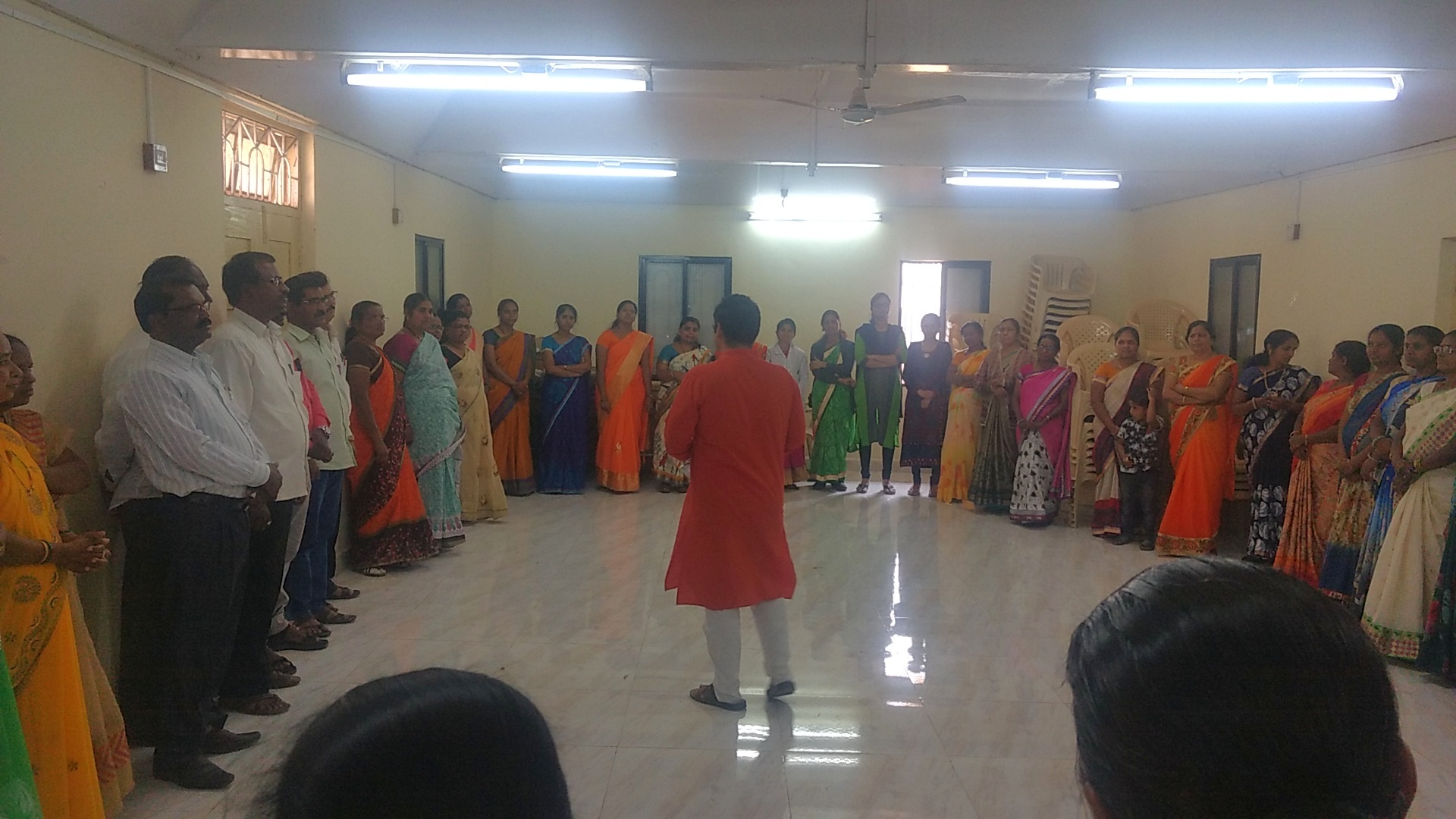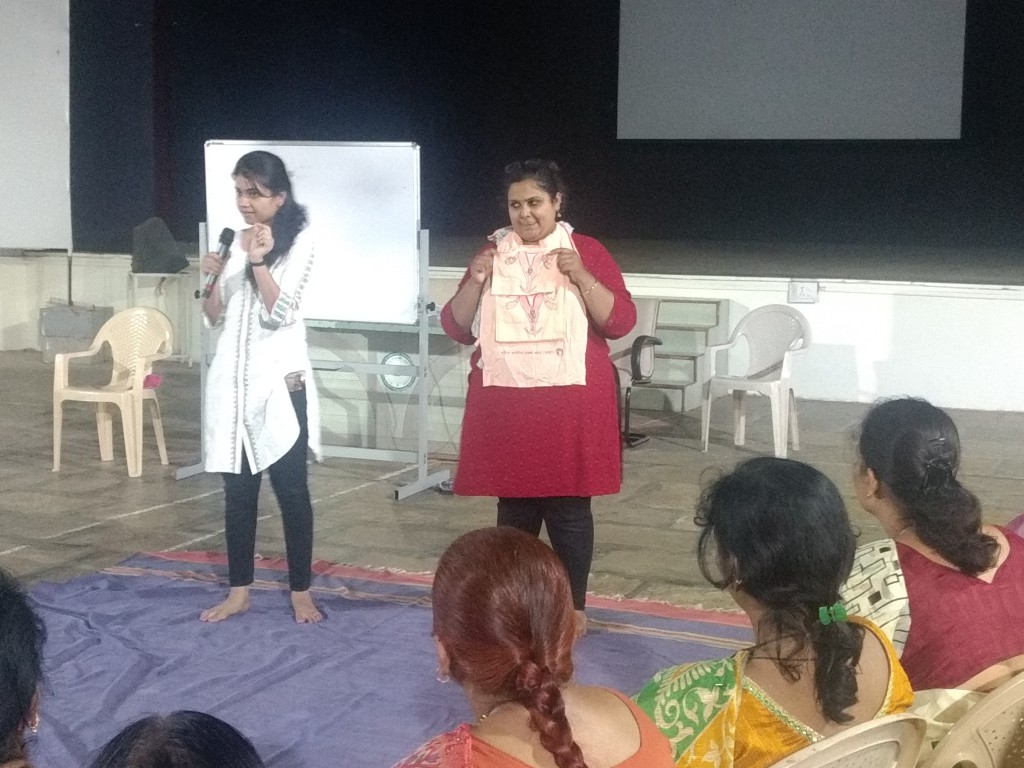We at ROSHNI Foundation believe that teachers and educators play an important role in disseminating knowledge among adolescent’s about menstrual hygiene. Formerly this initiative was known as The Period Project. The trained educators from our sessions can than further reach out to communities. So on request made by schools/ colleges/ organisations, we intend to conduct the below mentioned capacity building training of trainer (ToT) workshops for teachers and educators helping them understand menstrual hygiene management, MHM best practices, train them as facilitators and also help them understand how to minimise barriers.
Our training of the trainer (ToT) workshops and awareness sessions for teachers are based on the following:
- Workshop and capacity development session of teachers to equip them as menstrual hygiene awareness facilitators
- We also conduct focused group discussion with men and boys on menstrual hygiene, body literacy and gender.
- Awareness activities within communities;
- Advocacy on menstrual hygiene management (MHM) and WASH related issues
Our training of trainer (ToT) workshops and awareness sessions includes participatory techniques and personal reflections, group activities, role-plays, brainstorming sessions, games, PowerPoint presentations, video screenings and discussions. We are looking for civil society organisations, colleges, corporates, etc. to partner with us for the same.









